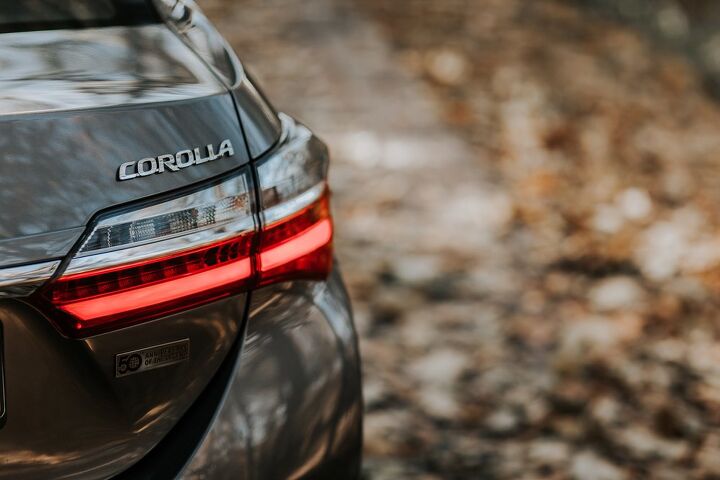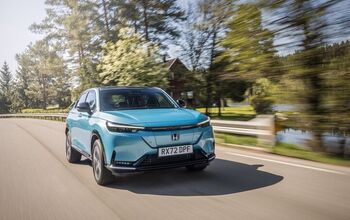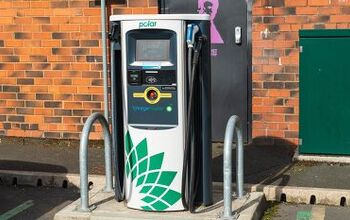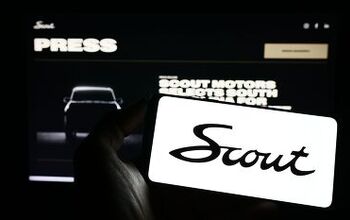These Are the Most Reliable Cars in Each Category, Says J.D. Power
Recent findings from J.D. Power show that after three years of ownership, vehicle dependability has diminished. Owners are reporting more problems compared to the previous year, with the industry average escalating to 190 problems per 100 vehicles (PP100). The disparity in problem rates between the initial 90 days and three years of ownership has surged, indicating a notable decrease in vehicle dependability over time.
Electrified Vehicles: A Mixed Bag
Owners of BEVs and PHEVs report more problems than those with gasoline and hybrid vehicles, with tire replacement being a notable issue for BEV owners.
Segment-by-Segment Breakdown
The study lists the most reliable vehicles across different categories, with Toyota Motor Corporation achieving the most segment awards. Here is an organized summary of the top-ranking models:
Compact Cars:
- Toyota Corolla
- Honda Civic
- Toyota Prius
Compact Premium Cars:
- Lexus IS
- BMW 4 Series
- BMW 3 Series
Midsize Cars:
- Toyota Camry
- Chevrolet Malibu
- Hyundai Sonata
Midsize Premium Cars:
- Lexus ES
Premium Sporty Cars:
- Porsche 718
- Chevrolet Corvette
Pickup and Van Segments:
Large Heavy Duty Pickups:
- Ford Super Duty
- GMC Sierra HD
- Chevrolet Silverado HD
Large Light Duty Pickups:
- Toyota Tundra
- GMC Sierra
- Chevrolet Silverado
Midsize Pickups:
- Toyota Tacoma
- Chevrolet Colorado
- Ford Ranger
Minivans:
- Kia Sedona
- Toyota Sienna
- Honda Odyssey
Standout Brands
Lexus is recognized as the most reliable brand overall, followed by Porsche and BMW for premium brands. In the mass market, Toyota ranks highest with Buick and Chevrolet in a close contest for reliability.
Methodology of the Study
The study reflects the experiences of over 30,000 owners of 2021 model-year vehicles after three years. It encompasses 184 problem areas across nine vehicle categories to provide a detailed analysis of long-term vehicle reliability.
This article was co-written using AI and was then heavily edited and optimized by our editorial team.
More by TTAC Staff
Latest Car Reviews
Read moreLatest Product Reviews
Read moreRecent Comments
- Whynotaztec Like any other lease offer it makes sense to compare it to a purchase and see where you end up. The math isn’t all that hard and sometimes a lease can make sense, sometimes it can’t. the tough part with EVs now is where is the residual or trade in value going to be in 3 years?
- Rick T. "If your driving conditions include near-freezing temps for a few months of the year, seek out a set of all-seasons. But if sunshine is frequent and the spectre of 60F weather strikes fear into the hearts of your neighbourhood, all-seasons could be a great choice." So all-seasons it is, apparently!
- 1995 SC Should anyone here get a wild hair and buy this I have the 500 dollar tool you need to bleed the rear brakes if you have to crack open the ABS. Given the state you will. I love these cars (obviously) but trust me, as an owner you will be miles ahead to shell out for one that was maintained. But properly sorted these things will devour highway miles and that 4.6 will run forever and should be way less of a diva than my blown 3.8 equipped one. (and forget the NA 3.8...140HP was no match for this car).As an aside, if you drive this you will instantly realize how ergonomically bad modern cars are.These wheels look like the 17's you could get on a Fox Body Cobra R. I've always had it in the back of my mind to get a set in the right bolt pattern so I could upgrade the brakes but I just don't want to mess up the ride. If that was too much to read, from someone intamately familiar with MN-12's, skip this one. The ground effects alone make it worth a pass. They are not esecially easy to work on either.
- Macca This one definitely brings back memories - my dad was a Ford-guy through the '80s and into the '90s, and my family had two MN12 vehicles, a '93 Thunderbird LX (maroon over gray) purchased for my mom around 1995 and an '89 Cougar LS (white over red velour, digital dash) for my brother's second car acquired a year or so later. The Essex V6's 140 hp was wholly inadequate for the ~3,600 lb car, but the look of the T-Bird seemed fairly exotic at the time in a small Midwest town. This was of course pre-modern internet days and we had no idea of the Essex head gasket woes held in store for both cars.The first to grenade was my bro's Cougar, circa 1997. My dad found a crate 3.8L and a local mechanic replaced it - though the new engine never felt quite right (rough idle). I remember expecting something miraculous from the new engine and then realizing that it was substandard even when new. Shortly thereafter my dad replaced the Thunderbird for my mom and took the Cougar for a new highway commute, giving my brother the Thunderbird. Not long after, the T-Bird's 3.8L V6 also suffered from head gasket failure which spelled its demise again under my brother's ownership. The stately Cougar was sold to a family member and it suffered the same head gasket fate with about 60,000 miles on the new engine.Combine this with multiple first-gen Taurus transmission issues and a lemon '86 Aerostar and my dad's brand loyalty came to an end in the late '90s with his purchase of a fourth-gen Maxima. I saw a mid-90s Thunderbird the other day for the first time in ages and it's still a fairly handsome design. Shame the mechanicals were such a letdown.
- FreedMike It's a little rough...😄


































Comments
Join the conversation